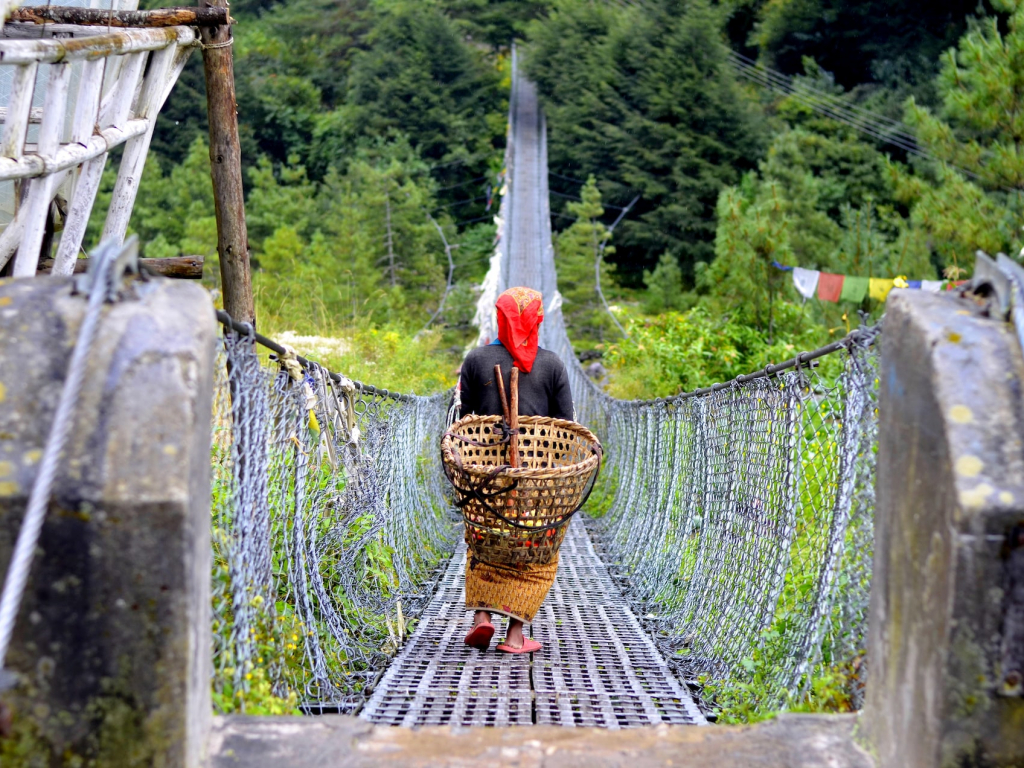The Contributions, Perspectives and Recommendations of Indigenous Peoples on Nature-Based Solutions

An infographic produced by Tebtebba (Indigenous Peoples’ International Centre for Policy Research and Education) attempts to capture the results of a scoping study scoping research in 2021 about the views and perspectives of indigenous peoples around their role in Nature-based Solutions and their perspectives on the principles of NbS. The document also puts forward recommendations towards the operationalization of NbS respecting human rights, including indigenous rights.
Tebtebba is an indigenous peoples’ organization born out of the need for heightened advocacy to have the rights of indigenous peoples respected, protected and fulfilled worldwide. The scoping study was conducted with the Indigenous Livelihoods Enhancement Partners (ILEPA) based in Narok, Kenya, with two case studies—one focused on pastoralist perspective among the Maasai pastoralists in Northern Kenya and the Lelewal Foundation in Cameron, which conducted a case study among the Baka, Bgyeli/Bakola and Bedzang communities who are primarily hunter-gatherers; the Centre for Indigenous Peoples Research and Development (CIPRED) in Nepal and Institut Dayakologi (ID) in Indonesia. For Latin America, the case studies were coordinated by Centro Para La Autonomía Y Desarrollo De Los Pueblos Indígenas (CADPI) with one case conducted in the Katara territory in Nicaragua and another one in the Tacana Nation in Bolivia.
The infographic highlights that Indigenous peoples view nature as something that provides a complex interdependence of all life-forms. It is home – it is referred as the “foundation of life”, “cradle of life”, “focal point of life,” and “spaces for life,” which is basis of identity and ensures survival. For the Baka, Bgyeli/ Bakola and Bedzang people in Cameroon, the forest, or etymologically, bélé, dyii and mboo, have to do with home or dwelling place, which could be translated to mean ‘cradle of life’ and ‘focal point of life’. This implies that their lives revolve around the forest as all aspects of their units of social life are inextricably linked with the forest.
NbS can lead to contention between age-old versus new climate change solutions. But for indigenous peoples, NbS consist of a system what was practiced and a system since time immemorial, handed down from the past to the present generation, before the term ‘Nature-based Solutions’ was coined. NbS is about looking at people and nature as coexisting, in harmony and in unity with each other that results to sustainable resource use and promotes good living (buen vivir). NbS emphasizes the interdependence of cultural and biological diversity. Finally, despite varied and opposing views on NbS, indigenous peoples see this as an opportunity for their engagement in advancing their rights and advocacies in climate action, in particular.
Learn more in the full infographic available on the Tebtebba website.




